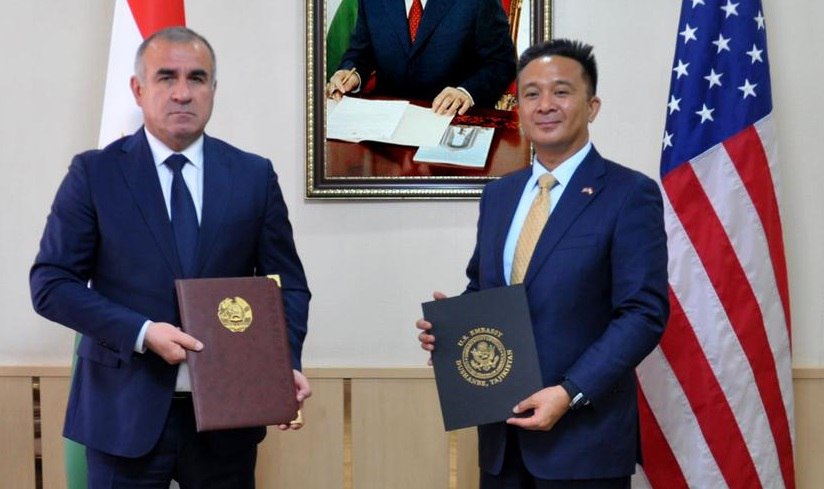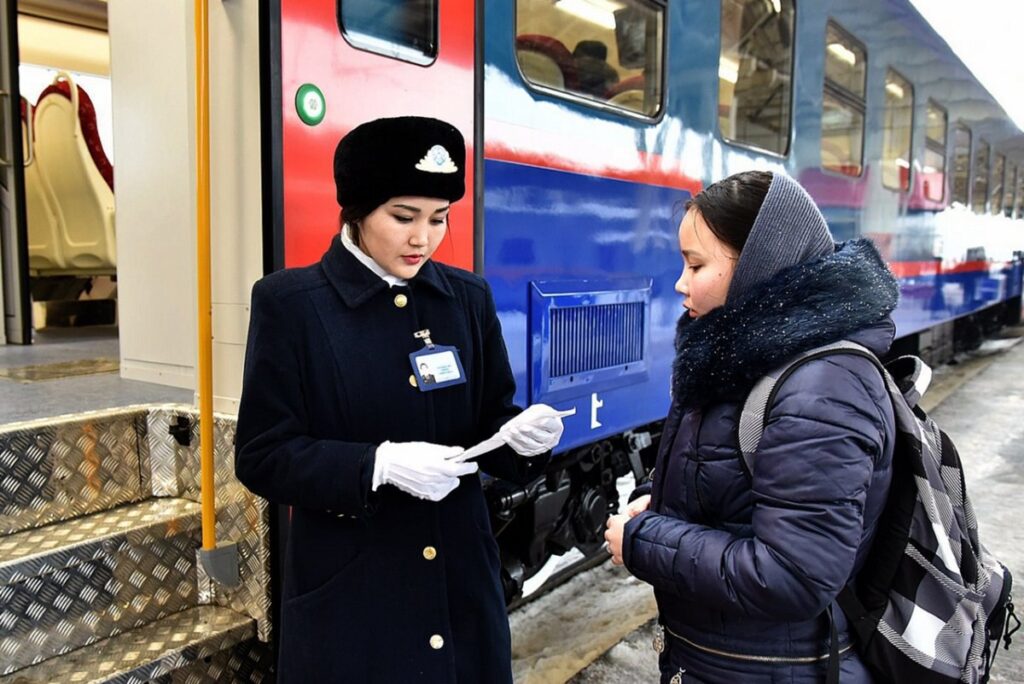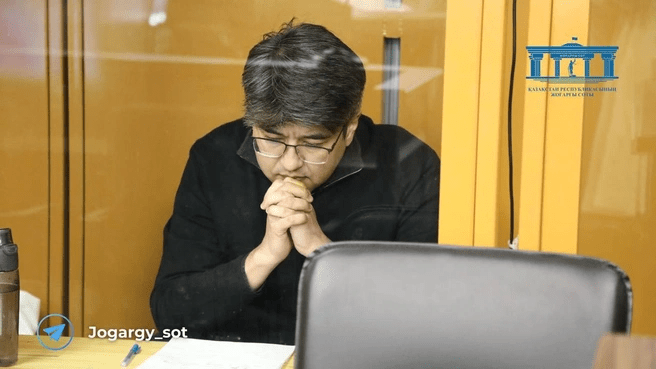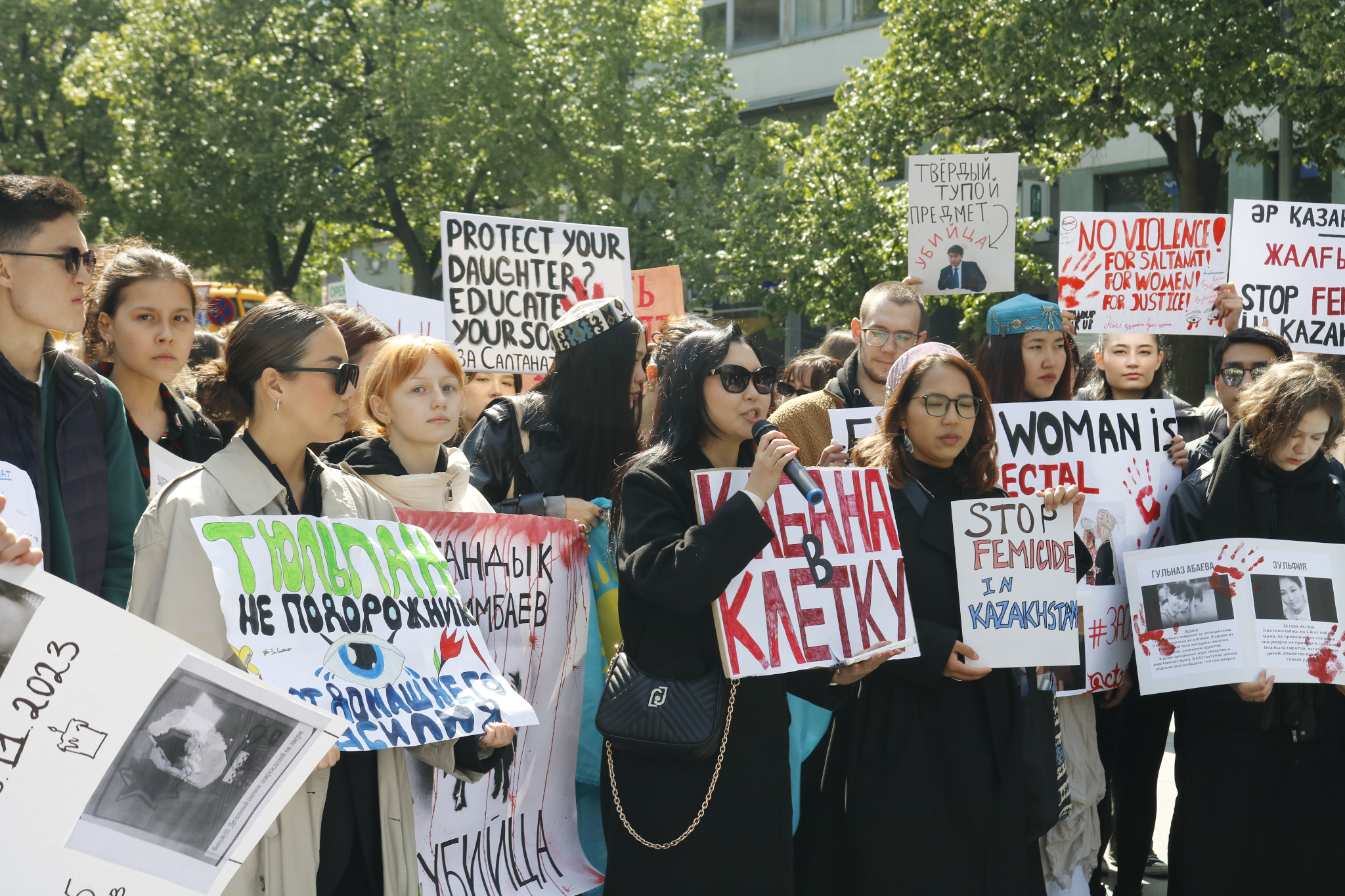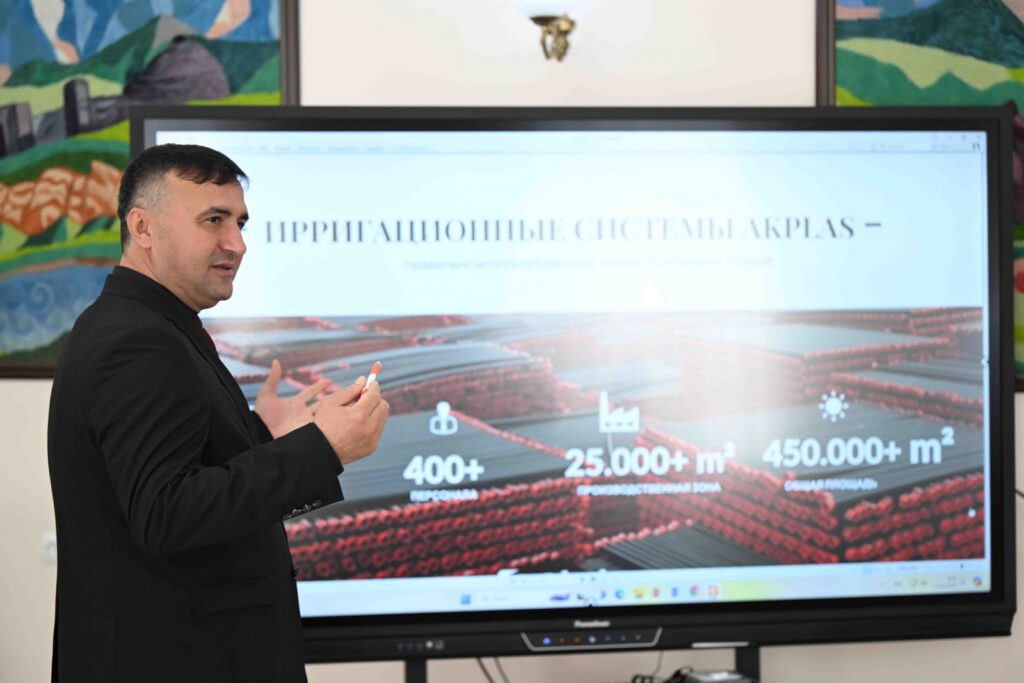Kuandyk Bishimbayev Given 24 Years in Prison — But Kazakhs Ask How Long He Will Really Serve
On May 13, Kazakhstan’s former Minister of National Economy Kuandyk Bishimbayev was sentenced to 24 years in prison for the torture and murder of his common law wife Saltanat Nukenova in November 2023.
While the length of the sentence is a victory for advocates against gender-based violence, both within Kazakhstan and in the many parts of Europe where the trial was also followed closely, many Kazakhs feel that it is still too early to say that justice has been done. In an open discussion that is rare in Central Asia, many citizens are posting concern on social media that the Nazarbayev-era official will find a way to get out of prison early: there is already speculation that Bishimbayev, a former member of the country’s elite, will leverage his political connections to secure an early release – or be recognized as terminally ill.
Attempting to quell these fears, state prosecutor Aizhan Aimaganova has stated that under Kazakhstani law, Bishimbayev will be able to apply for parole only after serving 16 years, two-thirds of his sentence – and only then with the consent of Saltanat Nukenova’s family, guided by her brother, Aitbek Amangeldy.
Saltanat Nukenova’s murder has shown that civil society is very much alive in President Kassym-Jomart Tokayev’s Kazakhstan. Shortly after her death in late November last year, a public movement called Zhana Adamdar organized an authorized rally in Almaty to raise awareness about violence against women and children.
Yesterday, on the day of sentencing, supporters of another Kazakh feminist movement, Feminita, protested in Almaty, Kazakhstan’s biggest city. The group is demanding life imprisonment for Saltanat Nukenova’s murderer.
“We do not agree with this sentence; [Bishimbayev] should sit in prison for life. He will come out sooner anyway – we urge you never to be silent: if you have the desire and will for it, resist,” Vlast.kz quoted Feminita co-founder Zhanar Sekerbaeva as saying.
The spokesperson for the Astana court where Bishimbayev was sentenced, Alma Yesymova, has commented that he has received the maximum possible sentence for the crimes he was found guilty of: murder and torture.
“The punishment was imposed for committing a particularly grave crime – murder. The sanction for this is a maximum of 20 years of imprisonment. And by partial addition of terms [Bishimbayev] was given four more years for torture. Under the law the very maximum sentence is 25 years, while he was given 24 years,” Yesymova said at a press conference after the trial.
The trial itself drew criticism from Kazakhstan’s legal professionals. Lawyers and human rights activists are unsatisfied with how both the prosecution and the defense were conducted.
Following Nukenova’s death, Tokayev signed a Decree in December 2023 to improve human rights and rule of law, including by promoting gender equality, combatting any form of domestic violence and enhancing the performance of the criminal justice system (which, among other things, involves increasing penalties for perpetrators of domestic violence). The human rights components of the President’s reform agenda was also noted by Human Rights Watch.



